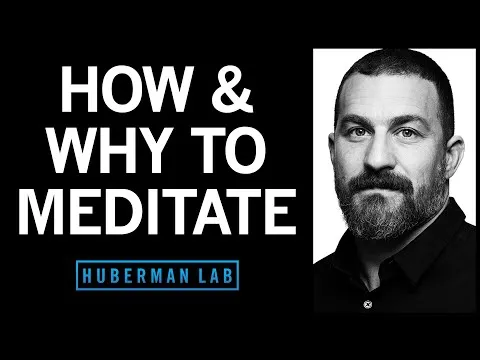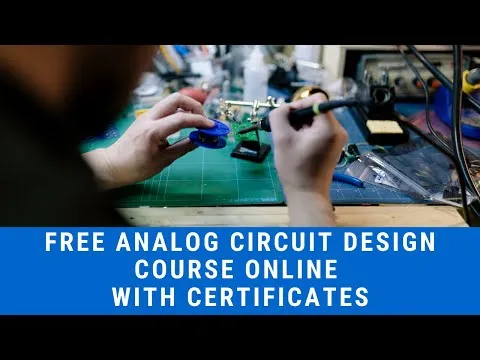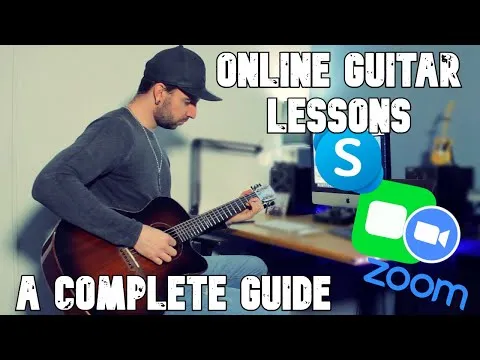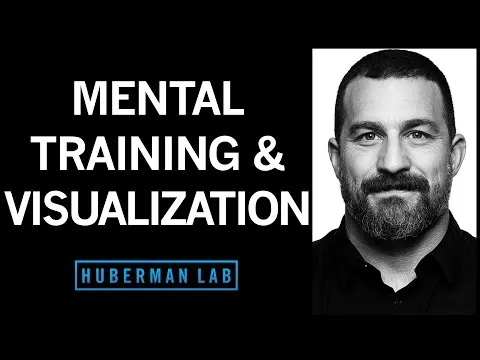
How Meditation Works & Science-Based Effective Meditations Huberman Lab Podcast #96 
Discover the fascinating world of meditation and its impact on your mind and body in the latest episode of the Huberman Lab Podcast. Dive into the science behind different types of meditation and learn how to develop a practice that suits you best. Explore the benefits of meditation, from reducing anxiety and improving focus to enhancing relaxation and sleep. Uncover the secrets of mindfulness and the power of ultra-brief meditations. Whether you're a beginner or an experienced meditator, this episode will captivate your curiosity and deepen your understanding of conscious awareness and self-regulation. Don't miss out on this enlightening journey. ▼
ADVERTISEMENT
Course Feature
![]() Cost:
Cost:
Free
![]() Provider:
Provider:
Youtube
![]() Certificate:
Certificate:
No Information
![]() Language:
Language:
English
![]() Start Date:
Start Date:
2022-10-31 00:00:00
Course Overview
❗The content presented here is sourced directly from Youtube platform. For comprehensive course details, including enrollment information, simply click on the 'Go to class' link on our website.
Updated in [September 15th, 2023]
We consider the value of this course from multiple aspects, and finally summarize it for you from three aspects: personal skills, career development, and further study:
(Kindly be aware that our content is optimized by AI tools while also undergoing moderation carefully from our editorial staff.)
What skills and knowledge will you acquire during this course?
During this course, the learner will acquire a range of skills and knowledge related to meditation. They will gain an understanding of the biological mechanisms behind the state changes that occur during different types of meditation. This includes learning about specific breathwork patterns and how to adjust perception to different locations along the continuum between interoception, exteroception, and dissociation.
The course will also cover the long-term effects of meditation practices on trait changes and neuroplasticity. Learners will discover how meditation can change their default mood, reduce baseline anxiety and depression, improve focus, enhance relaxation, improve sleep, and increase overall happiness levels.
Additionally, the course will explore concepts such as the "third-eye center" and mindfulness from a biological standpoint. Learners will also be introduced to the power of ultra-brief meditations and how to select the best meditation techniques, time, and duration to meet their individual needs.
One unique aspect of this course is the introduction of a novel open-eyed perception-based meditation that may enhance focus, relaxation, and task-switching ability. Whether the learner is a novice or an experienced meditator, or simply interested in understanding how the brain controls conscious awareness and self-regulation, this course will provide valuable insights.
Overall, by completing this course, learners will develop a comprehensive understanding of meditation principles, techniques, and their effects on the mind and body. They will acquire practical skills that can be applied to their own meditation practice and gain knowledge about the scientific basis behind the benefits of meditation.
How does this course contribute to professional growth?
This course on meditation contributes to professional growth by providing valuable insights into the biological mechanisms and science behind different types of meditation. By understanding how meditation affects the brain and body, individuals can develop a meditation practice that is optimal for their specific needs.
The course covers key meditation principles, such as breathwork patterns and adjusting perception, which can enhance focus, relaxation, and task-switching ability. It also explores how meditation practices lead to long-term trait changes and neuroplasticity, including reducing baseline anxiety and depression, improving sleep, and increasing overall happiness levels.
By learning about the concept of the "third-eye center" and mindfulness from a biological standpoint, individuals can gain a deeper understanding of how their brain controls conscious awareness and self-regulation. This knowledge can be applied to improve attention, memory, mood, and emotional regulation.
Additionally, the course provides practical tools and resources, such as the Waking Up app and various meditation techniques, to support individuals in developing a consistent meditation practice. It also discusses the importance of selecting the best meditation time and duration to meet individual needs.
Overall, this course offers valuable insights and practical techniques that can enhance professional growth by improving focus, relaxation, emotional regulation, and overall well-being. Whether someone is a novice or an experienced meditator, or simply interested in understanding the brain's control over conscious awareness, this course can provide valuable knowledge and skills.
Is this course suitable for preparing further education?
This episode of the Huberman Lab Podcast is an informative and comprehensive overview of the science behind meditation and how to develop an effective practice. While it is not specifically designed to prepare someone for further education, it could be a useful resource for those looking to gain a better understanding of the biological mechanisms of meditation and how to develop a practice that works for them.
Course Provider

Provider Youtube's Stats at AZClass
Discussion and Reviews
0.0 (Based on 0 reviews)
Explore Similar Online Courses

Free Analog Circuit design course online With Certificates

A Guide to Online Guitar Lessons Everything you Need To Know!

Python for Informatics: Exploring Information

Social Network Analysis

Introduction to Systematic Review and Meta-Analysis

The Analytics Edge

DCO042 - Python For Informatics

Causal Diagrams: Draw Your Assumptions Before Your Conclusions

Whole genome sequencing of bacterial genomes - tools and applications

Workplace Neuroscience: Decoding your brain at work

Science-Based Mental Training & Visualization for Improved Learning Huberman Lab Podcast


Start your review of How Meditation Works & Science-Based Effective Meditations Huberman Lab Podcast #96